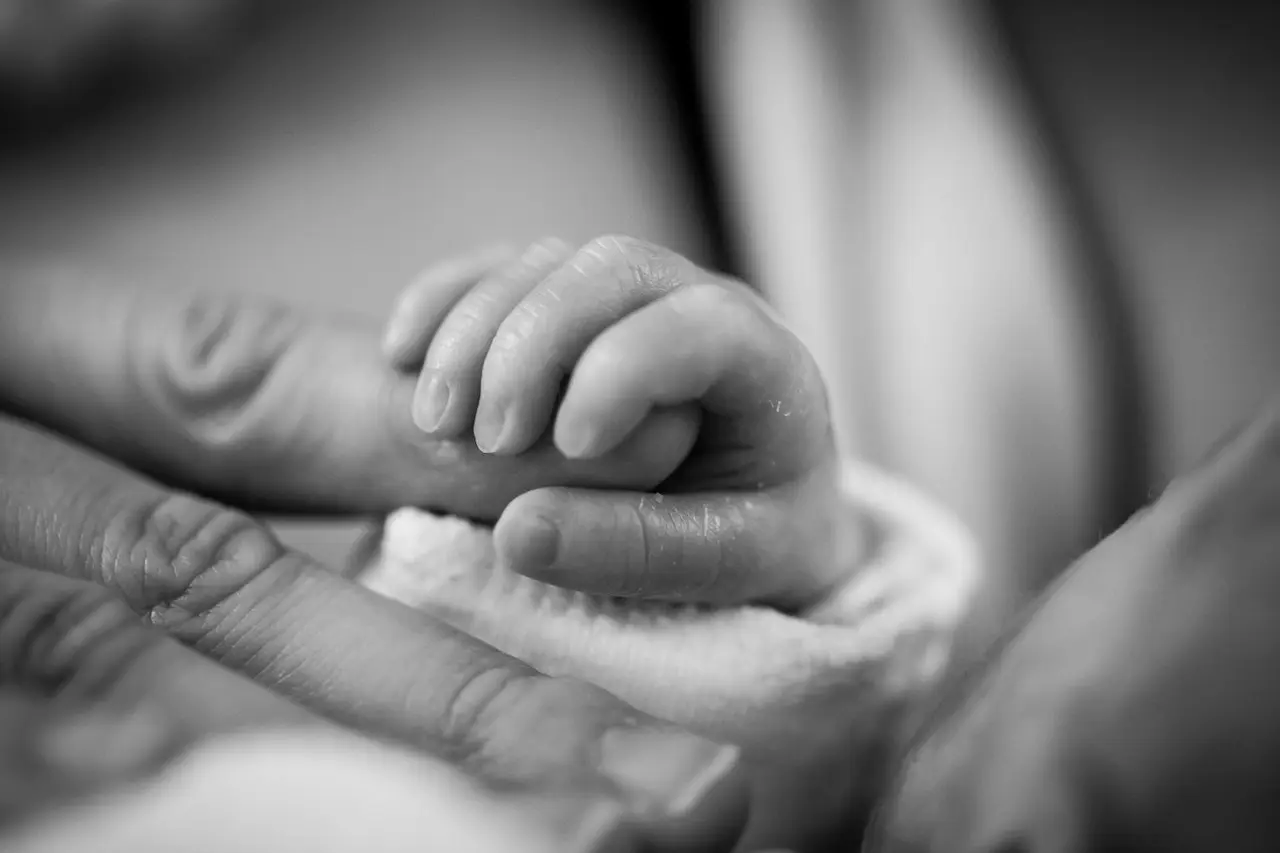Roles and Responsibilities of Guardians in Pennsylvania: Duties and Obligations

Guardianship is a significant responsibility that involves making important decisions on behalf of someone who is unable to do so themselves. In Pennsylvania, guardians are appointed to ensure the well-being and care of individuals who are incapacitated or incapable of managing their own affairs. Let’s delve into the roles and responsibilities of guardians in Pennsylvania to better understand their duties and obligations.
Decision-Making Authority
One of the primary responsibilities of a guardian is to make decisions on behalf of the incapacitated person in areas such as healthcare, finances, and daily living arrangements. This includes making medical decisions, managing financial assets, and ensuring that the individual’s basic needs are met.
Advocacy and Protection
Guardians are tasked with advocating for the best interests of the incapacitated person and protecting them from harm or exploitation. This may involve monitoring their living situation, ensuring access to necessary healthcare services, and safeguarding their assets from financial abuse or fraud.
Financial Management
Guardians are responsible for managing the financial affairs of the incapacitated person, including paying bills, managing investments, and filing taxes. They must act prudently and in the individual’s best interests when making financial decisions.
Reporting and Accountability
In Pennsylvania, guardians are required to submit regular reports to the court detailing their actions and decisions on behalf of the incapacitated person. This includes providing an inventory of assets, detailing income and expenses, and reporting on the individual’s health and well-being.
Duty of Care
Guardians have a duty to provide care and support to the incapacitated person, ensuring that their physical, emotional, and social needs are met to the best of their ability. This may involve arranging for medical care, providing companionship and emotional support, and facilitating opportunities for social engagement.
Respect for Individual Autonomy
While guardians have broad decision-making authority, they are also expected to respect the individual’s wishes and preferences to the extent possible. This includes involving the individual in decision-making processes when feasible and considering their values and preferences when making decisions on their behalf.
Conclusion
The role of a guardian in Pennsylvania is one of significant responsibility and obligation. Guardians are entrusted with making decisions on behalf of incapacitated individuals, advocating for their best interests, managing their financial affairs, and providing care and support.
By understanding the duties and responsibilities of guardianship, individuals can ensure that the needs of incapacitated loved ones are met with compassion, competence, and integrity. Consulting with an experienced estate planning attorney can provide valuable guidance in navigating the complexities of guardianship in Pennsylvania.